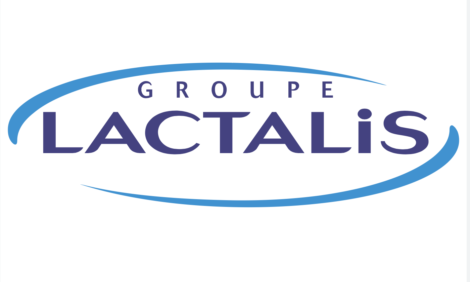



Clones: The Ethics of Super Cows
US - Cloned food is generally perceived in a negative light by consumers, but for veterinarian Donald Coover, it conjures a miraculous world of super-cows with high milk and meat yields.Mr Coover is helping to lead the clone revolution out of tiny Galesburg, writes Alex Roslin for The Gazette, a village of 150 with one convenience store and two churches, surrounded by fields of wheat and cattle ranches.
This is the home base of Coover's company SEK Genetics and its thriving business of selling semen from elite cows to farmers. He says he has also sold enough semen from cloned cows to inseminate tens of thousands of farm animals, and he told The Gazette he sold "dozens at least, hundreds probably" of other cloning businesses in the U.S. are doing the same thing. Despite a request by the U.S. Department of Agriculture that farmers respect a voluntary moratorium on selling food from clones to consumers, Coover says he has sold dozens of clones and their offspring to farmers for use in food production since 2001.
"It's not illegal, and it's not unethical," he said. "Instead of having just another damn horse, you have Secretariat every time. That is why it's enormously useful." According to The Gazette, cloning is a way to create a perfect genetic copy of an adult animal. Its cell material is transferred to an egg that is grown into an embryo and implanted in a surrogate mother.
Advocates like Coover say the process can help farmers duplicate top livestock and improve meat and milk yields, however food from clones is still banned in Canada and public surveys show widespread unease about the technology.
TheCattleSite News Desk


